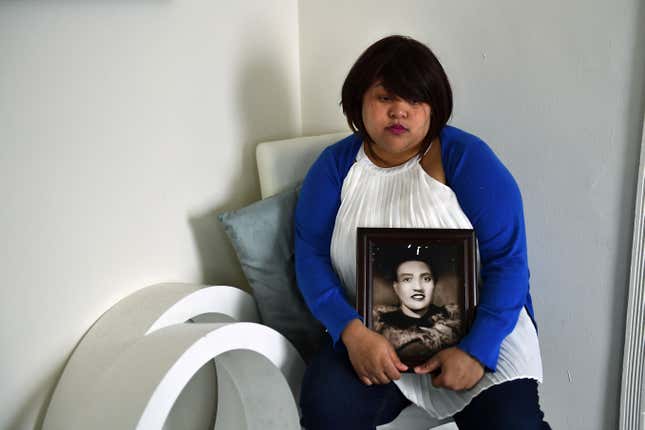
The family of a Black woman whose biopsied cancer cells have been used in medical research without her consent for decades just scored a major victory in their fight for justice. On May 20, a federal judge rejected pharmaceutical company Ultragenyx’s motion to dismiss a lawsuit filed by the family of Henrietta Lacks last year.
Research conducted on Henrietta Lacks’ biopsied (HeLa”) cells has played a key role in the development of both the polio and COVID-19 vaccines. However, the cells were saved and used by doctors without her consent when she was a patient at Johns Hopkins University receiving treatment for cervical cancer in 1951. Although Johns Hopkins maintains they did not profit from the use of Lacks’ cells, the Locks family is seeking justice by going after several pharmaceutical companies they believe profited without their permission.
In August of 2023, the family settled for an undisclosed amount with scientific research company Thermo Fisher Scientific. They filed a lawsuit in a Baltimore federal court against Ultragenyx shortly after. Since that time, the company has tried to get a judge to dismiss the case, arguing the family used “an invalid legal theory, in pursuit of ‘huge profits’ that do not exist.” Lacks family attorney, Chris Ayers called the judge’s decision to allow the family to pursue justice for Henrietta “the first step of holding the scientific community accountable.”
In a joint statement about the decision, attorneys Ben Crump and Christopher Seeger, who have been representing the family call on the pharmaceutical industry to work with the Lacks family to right the wrongs it committed over 70 years ago.
“The family of Henrietta Lacks is grateful for the judge’s important decision to deny Ultragenyx’s baseless motion to dismiss the case and allow the lawsuit to move forward. This historic ruling is not only a victory for Henrietta Lacks’ family; it presents an opportunity to correct a monumental wrong. We invite Big Pharma to the table to resolve this on behalf of Henrietta Lacks’ family.”

